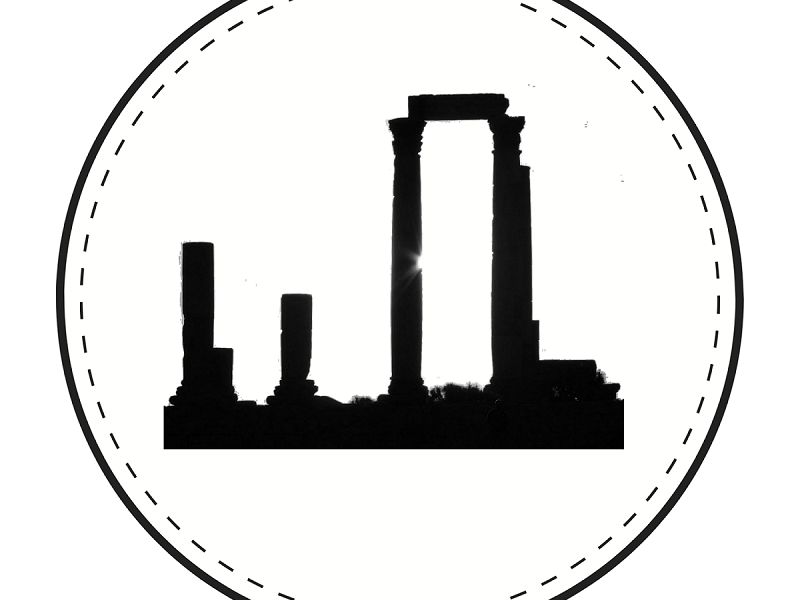Training: About LIDO in education and the project "Zerstörtes Kulturgut"

Date:
02.05.2023Place:
Den Konferenzlink (Zoom) erhalten Sie mit der Anmeldebestätigung.
02.05.2023, 09:00 – 11:00
Die Veranstaltung ist offen für alle Interessierten. Die Veranstaltung findet auf Deutsch statt.
Categories:
EventContact:
Dr. Joëlle WeisFurther Information:
Anmeldung, Projektseite Zerstörtes Kulturgut, Projektbeschreibung Zerstörtes Kulturgut, LIDO Template/ XML Schablone des Projekts Zerstörtes Kulturguthis session will focus on the use of LIDO in research and teaching.
- When is it appropriate to use LIDO in research projects?
- What can be effectively represented in LIDO, and where are its limitations?
- How can LIDO-based data models be published as research data and made available for reuse?
Colleagues from the "Zerstörtes Kulturgut" project at the University of Trier will share their experiences with using LIDO in the session.
The extent of damage or complete destruction of cultural sites during wars is often underestimated. Not only are historical artifacts or cultural goods destroyed, but also the cultural identity of the country and its population. Four students from the Digital Humanities master's program at the University of Trier have addressed this cultural loss and created an interactive website that contextualizes information about individual sites and their associated wars.
To enable the data collected in the "Zerstörtes Kulturgut" project to be used for research purposes, they are recorded in LIDO-XML documents for each cultural site and are available for download on the website. The complete website code and LIDO-XML template are also publicly accessible on the project's GitHub repository and can be freely downloaded.

